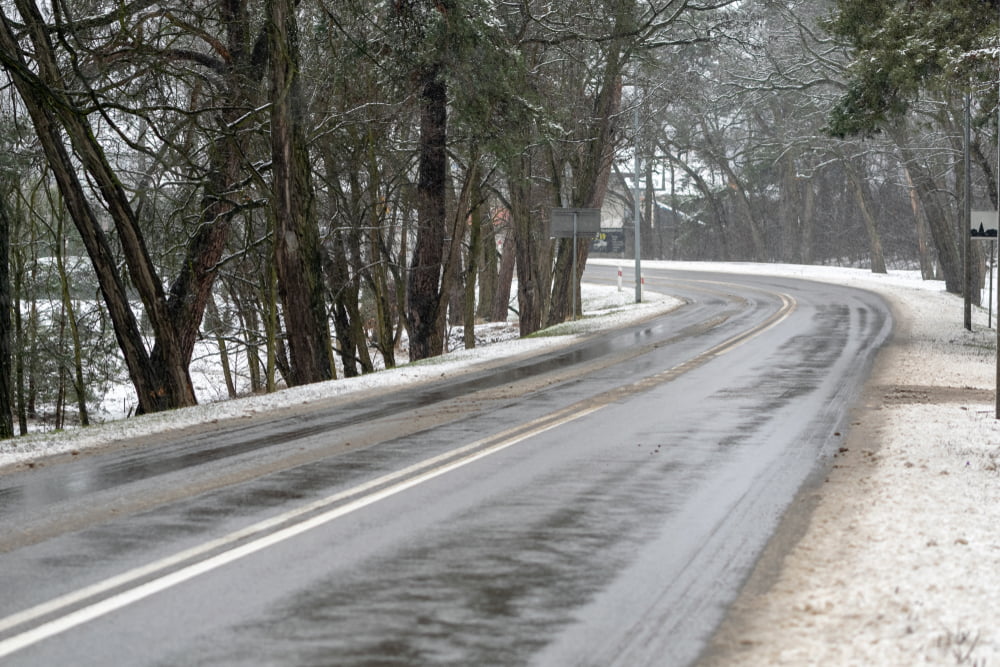Rijkswaterstaat is preparing for the following winter(s) with a number of measures. The salt stock will be increased to more than 250 million kg. Rijkswaterstaat is therefore less dependent on ad hoc contracts with suppliers. The contracts with suppliers have also been tightened with regard to delivery times and fines if they do not comply with the agreements made. At the start of the winter period, the service has approximately 250 million kilos of road salt in stock.
We fight winter slipperiness by spreading salt. Salt lowers the freezing point by several degrees. As a result, the road becomes less slippery and existing snow or ice thaws. Last winter, a total of 135 million kilos of road salt was also used. That was more than in previous years due to the heavy snow showers in February of this year. Then the gritters drove for 72 hours in a row to make roads passable. The winter of 2020-2021 is in third place of winters in which the most was sprinkled.
table salt
The first ships with salt from Germany arrived this week at the central storage warehouse of Rijkswaterstaat in Utrecht. The service replenishes the stock with a total of 135 million kilos of salt. Road salt is ordinary table salt (NaCl), but less pure. Sometimes you also see pink salt. In the past, salt was sometimes colored to differentiate it from table salt. Most road authorities like the color because it makes the spreading more visible.
Road salt contains an anti-caking agent. Salt is hygroscopic (attracts moisture) causing it to clump. If it has been in the salt shed for a long time, it can no longer be used without an anti-caking agent. An anti-caking agent is not harmful to the environment. The salty seawater is not used. The salt concentration in the seawater is too low, so it still freezes when it hits the road. The equipment we have now is also not suitable for that. Rijkswaterstaat does not have sprinklers, but only gritting trucks for dry salt, diluted with salt water.
The national slipperiness reporting system automatically warns when there is a risk of slippery conditions. Based on that information, we decide whether we should sprinkle. The weather forecast and the amount of road salt, which may already be on the road, also play a role in that decision.
Rijkswaterstaat Meet in the winter season continuously monitor the temperature, humidity and salinity of the road surface. If there is a chance of slipperiness, we will spread preventively. Slipperiness occurs, among other things, when the road becomes damp due to condensation or precipitation, in combination with a road surface temperature of below zero degrees. Depending on the amount of road salt still on the road, Rijkswaterstaat decides to start spreading preventively.


